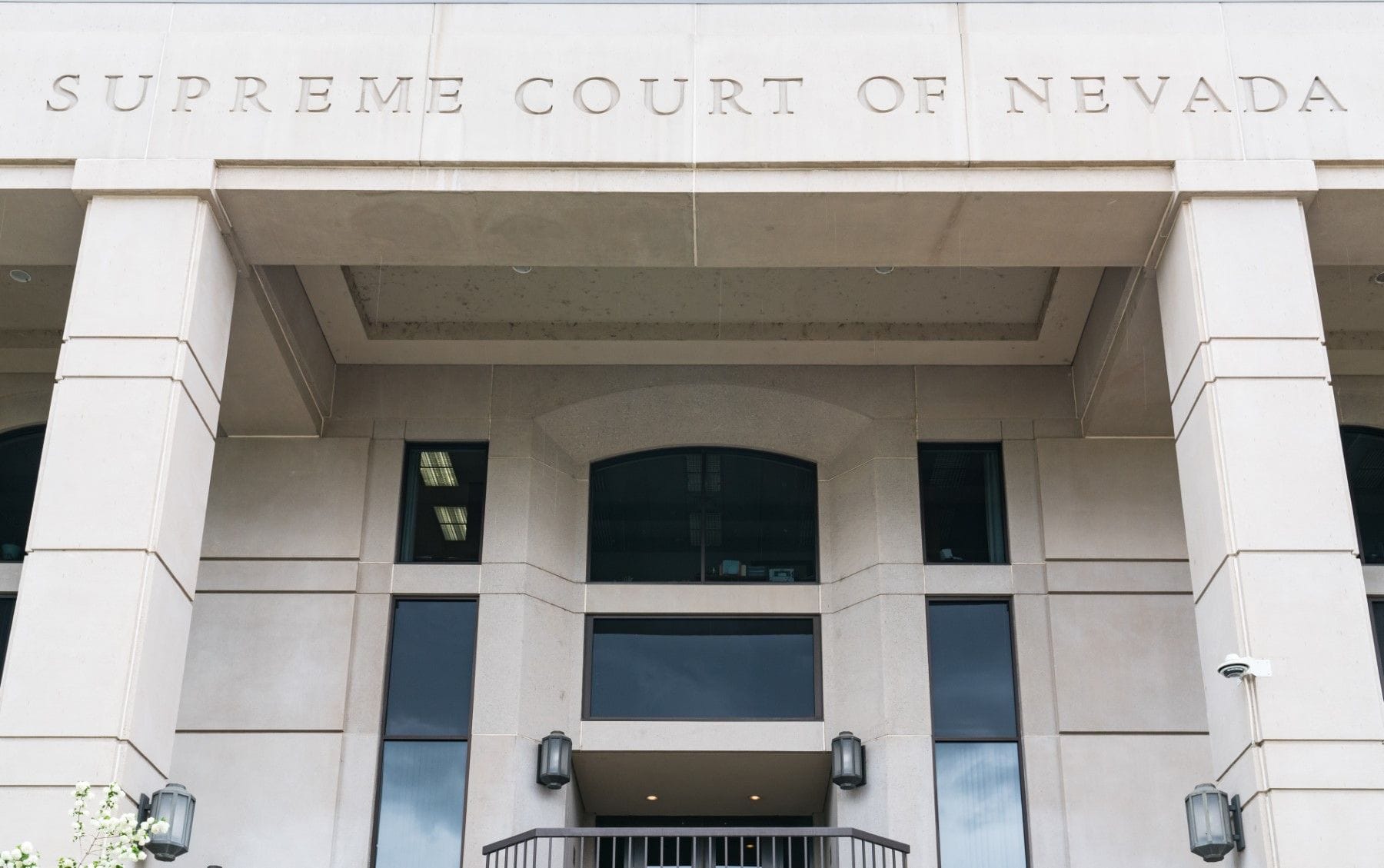Expert Witness Compensation Rules in Nevada
Nevada expert witness compensation is regulated by statutes and court rules, ensuring fair fees based on complexity, credentials, and time, while maintaining judicial integrity.
Updated on
In this article
What Are the Rules Governing Expert Witness Compensation in Nevada?
In Nevada, expert witness compensation is governed by a combination of state statutes, court rules, and ethical guidelines. These elements collectively ensure that expert witnesses are fairly compensated for their services while maintaining the integrity of the judicial process. The primary legal framework is established by the Nevada Revised Statutes §50.275, which outline the permissible scope and limitations of expert witness fees.
Understanding Nevada Revised Statutes §50.275: Payment Guidelines for Expert Witnesses
The Nevada Revised Statutes §50.275 sets the foundational guidelines for the admissibility and compensation of expert witnesses. According to this statute, an expert witness may be compensated for their time and expertise, provided that their knowledge will assist the trier of fact to understand the evidence or to determine a fact in issue. The statute emphasizes that the expert's testimony must be based on sufficient facts or data and be the product of reliable principles and methods.
The compensation framework under NRS §50.275 ensures that:
- Fair Compensation: Expert witnesses are entitled to a fee commensurate with their expertise and the complexity of the case.
- Reasonableness: Fees must reflect the prevailing rates for similar services within the jurisdiction.
These guidelines help maintain a balance between just compensation and the prevention of exorbitant fees that could unduly influence the judicial process.
Statutory Fee Caps in Nevada: NRS §18.005(5)
What sets Nevada apart from many other jurisdictions is its statutory cap on the amount of expert witness fees that can be recovered as court costs. Under NRS §18.005(5):
- A maximum of $15,000 per expert can be recovered as a cost by the prevailing party.
- This cap applies to no more than five experts per case.
- Recovery of fees above $15,000 per expert is permitted only if the court finds that the higher cost was “justified.”
This rule does not prevent parties from paying experts more than the capped amount—it simply limits what can be recovered from the opposing party at the conclusion of litigation. These cost-containment provisions are unusual compared to most other states, which do not impose statutory dollar limits on fee recovery for expert witnesses.
Fee Caps and Reasonableness Standards in Nevada Courts
Nevada courts have established standards to determine the reasonableness of expert witness fees. While the state does not impose strict fee caps, reasonableness is assessed on a case-by-case basis, taking into account various factors, including:
- Complexity of the Case: More complex cases may justify higher fees due to the additional expertise required.
- Expert's Credentials: The witness's qualifications, experience, and reputation in their field affect the permissible fee.
- Time Spent: Consideration is given to the amount of time the expert is expected to spend on the case, including preparation and testimony.
Courts may reference decisions from similar cases to ensure consistency in fee determinations. For example, in the case of Rodriguez v. Primadonna Co., 125 Nev. 578 (2009), the court emphasized the importance of aligning expert fees with prevailing market rates to uphold fairness and objectivity.
Distinction Between Retained Experts and Treating Physicians in Nevada
In Nevada, a distinction is made between retained experts and treating physicians when it comes to compensation and testimony. Retained experts are hired specifically to provide expert opinions and are compensated for their time and expertise. In contrast, treating physicians are typically not retained for litigation purposes but may provide testimony on matters related to their treatment of a patient.
Key differences include:
- Retained Experts:
- Engaged solely for litigation purposes.
- Compensation is often agreed upon in advance and may include preparation, testimony, and travel time.
- Treating Physicians:
- Primarily testify based on their treatment and diagnosis.
- Compensation is generally limited to time spent away from their practice to testify.
The Nevada courts recognize these distinctions to ensure that compensation arrangements do not create conflicts of interest or affect the impartiality of the testimony provided.
Practical Tips for Structuring Expert Witness Fee Agreements in Nevada
When structuring fee agreements for expert witnesses in Nevada, it is essential to consider various factors that can impact the fairness and clarity of the arrangement. Here are practical tips to guide attorneys and experts in establishing effective compensation agreements:
- Define Scope of Work: Clearly outline the services to be provided, including consultation, report preparation, and testimony to avoid misunderstandings later.
- Establish Fee Structure: Specify whether the compensation will be hourly, flat-rate, or contingent upon the outcome of the case. Transparency in this area helps manage expectations.
- Consider Additional Expenses: Address any potential additional costs, such as travel expenses, materials, or administrative fees, and specify how these will be reimbursed.
- Set Payment Terms: Detail the payment schedule, including deposits, interim payments, and final settlement to ensure timely compensation.
- Review Market Rates: Research and reference prevailing market rates for similar expert services within Nevada to ensure that the fees are reasonable and justifiable.
- Include Cancellation Policies: Establish terms for cancellation or rescheduling of services, including any fees that may apply in such scenarios.
- Document Communication: Keep thorough records of all communications regarding the fee agreement and any adjustments made during the course of the engagement to maintain transparency.
By adhering to these guidelines, both attorneys and expert witnesses can foster a professional relationship built on clarity and mutual understanding, ultimately contributing to the integrity of the judicial process.


